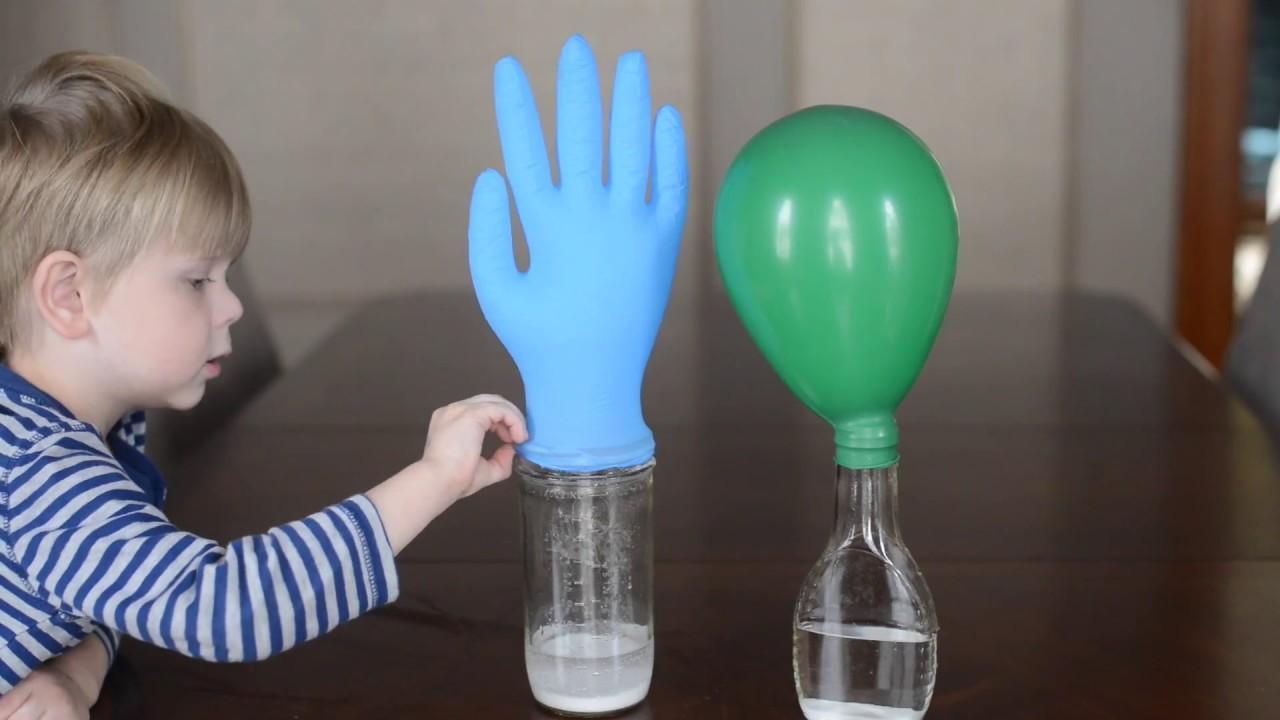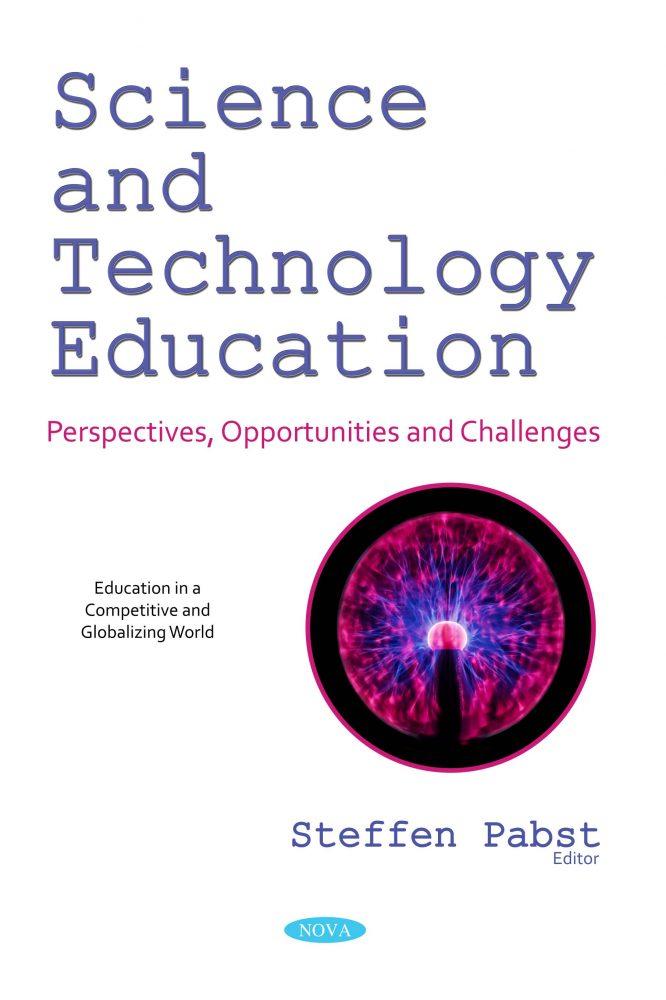In an era where technological advancements and scientific breakthroughs shape the very fabric of our daily lives, nurturing a passion for science in children has never been more crucial. As parents and educators grapple with the challenge of engaging young minds in meaningful ways, it becomes essential to explore effective strategies for cultivating a genuine interest in science. This article delves into the analytical examination of techniques that can ignite curiosity and foster a lifelong love for scientific inquiry in children. By understanding the psychological and educational foundations that drive engagement, we can confidently equip the next generation with the tools they need to explore the wonders of the natural world and contribute to the ever-evolving landscape of scientific discovery.
Nurturing Curiosity Through Hands-On Experiments
Encouraging children to explore the wonders of science can be a transformative experience, igniting a lifelong passion for discovery. Hands-on experiments serve as a powerful tool in this journey, offering tangible experiences that engage a child’s natural curiosity. By integrating these experiments into everyday learning, parents and educators can create an environment that is both stimulating and nurturing. Consider the following strategies:
- Embrace Simplicity: Begin with simple experiments that use household items, like creating a homemade volcano with baking soda and vinegar. This approach demystifies science and makes it accessible.
- Encourage Questioning: Foster an inquisitive mindset by prompting children to ask questions before, during, and after experiments. Questions like “What do you think will happen?” or “Why do you think this occurred?” help deepen understanding.
- Integrate Play: Make science playful by incorporating games and challenges. For example, a scavenger hunt to find natural materials for an experiment can make learning dynamic and fun.
By embedding these practices into daily routines, the abstract concepts of science become tangible, sparking a child’s imagination and leading them to view the world through a scientific lens. This hands-on approach not only enhances comprehension but also cultivates a profound appreciation for the natural world.

Creating a Science-Friendly Home Environment
Transforming your home into a hub of scientific exploration doesn’t require a lab coat or expensive equipment. Begin by creating an environment where curiosity is nurtured and questions are encouraged. Dedicate a small corner of your home as a science zone, filled with books, kits, and tools that cater to your child’s interests. Opt for a variety of materials that stimulate different senses, such as tactile models, visual aids, and interactive digital resources. This setup not only makes science accessible but also emphasizes its presence as an integral part of daily life.
- Incorporate natural elements: Use items like rocks, leaves, and shells to create a mini nature collection.
- Display scientific art: Hang posters of famous scientists, the periodic table, or astronomical maps to inspire curiosity.
- Engage in kitchen experiments: Simple activities like making slime or observing chemical reactions in baking can spark a love for experimentation.
- Tech-friendly zones: Allow for safe usage of apps and websites that offer interactive science lessons and simulations.
By integrating these elements, your home becomes a dynamic learning space that not only supports academic growth but also cultivates a lifelong passion for discovery. Remember, the goal is to create a setting where science feels like an exciting adventure rather than a daunting subject.

Incorporating Science into Everyday Activities
Integrating science into everyday activities can be an engaging way to spark curiosity and deepen understanding. Start with simple, yet thought-provoking experiments at home. Cooking can be transformed into a chemistry lesson by discussing how heat changes the state of ingredients or why bread rises. Use gardening as an opportunity to explore biology; discuss the process of photosynthesis and plant life cycles as you plant seeds together. Even a walk in the park can turn into a lesson on ecosystems and biodiversity.
- Ask Questions: Encourage your child to ask ‘why’ and ‘how’ about the world around them.
- DIY Projects: Create a DIY weather station to learn about meteorology.
- Tech Time: Use educational apps to explore coding and robotics.
- Stargazing: On clear nights, identify constellations and discuss astronomy.
By embedding scientific principles into daily routines, you not only nurture a child’s natural curiosity but also provide them with the tools to approach the world with a scientific mindset. This method fosters critical thinking and problem-solving skills that are essential for their future educational endeavors.

Leveraging Technology to Enhance Scientific Learning
In today’s digital age, harnessing technology can significantly enrich your child’s scientific education. The interactive nature of digital tools allows for an engaging and immersive learning experience. Augmented Reality (AR) and Virtual Reality (VR) platforms can transform abstract scientific concepts into tangible experiences, enabling children to explore everything from the human body to the solar system in a three-dimensional space. Moreover, educational apps designed with gamification elements can make learning both fun and effective, encouraging children to experiment and discover new scientific ideas on their own terms.
- Interactive Simulations: These allow children to visualize complex scientific processes, fostering a deeper understanding and retention of knowledge.
- Online Science Communities: Platforms like forums and social media groups can connect your child with peers and experts worldwide, promoting collaborative learning.
- Digital Labs: These virtual environments provide a safe space for experimentation without the physical constraints of a traditional laboratory.
By strategically integrating these technological resources into your child’s educational journey, you can cultivate a profound interest in science, paving the way for lifelong learning and curiosity.



